Give Alibaba a second chance to purge fakes
Updated: 2016-06-23 08:17
By HAN QI(China Daily)
|
||||||||
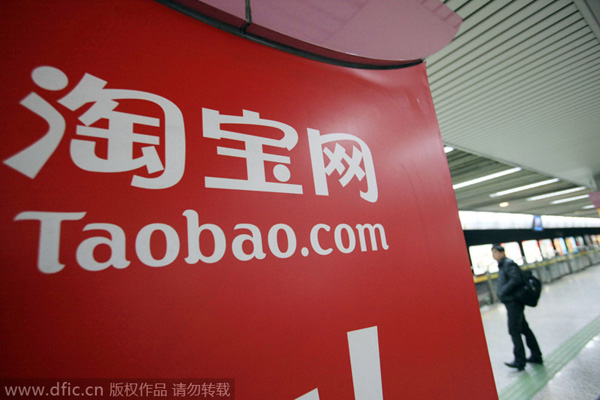 |
|
An advertisement for online shopping site Taobao.com of Alibaba Group is seen at a metro station in Shanghai, Nov 12, 2014. [Photo/IC] |
Jack Ma, the founder of e-commerce giant Alibaba Group, courted controversy last week for saying that many fake products are better than branded goods. His comment seemed to be part of his fightback after Alibaba was dropped from the anti-counterfeiting coalition and widely criticized for being a "platform" selling fakes.
Alibaba Group was suspended from the membership of Washington-based International Anti-Counterfeiting Coalition in May, just one month after it became a member, because of accusations that it had failed to control the sale of fake goods on its online e-commerce platform, Taobao. Has Alibaba failed in its fight against fake goods, or have the IACC officials acted unfairly against the group?
Alibaba is the world's biggest e-commerce platform. Its customer-to-customer (C2C) model, represented by Taobao, and business-to-customer (B2C) model, Tmall, are its major business models. In 2014, Alibaba launched Tmall, through which global brands could directly sell their products to Chinese customers.
Although Alibaba has been criticized for selling fakes ever since its foundation, only some items sold on its platform have turned out to be counterfeits. As a third-party platform with millions of small online shops, low prices are its most competitive factor. And that's why it is difficult to eliminate fake goods from the platform.
Alibaba has made great efforts to fight against fakes, strategically focusing on Tmall, which is characterized by brand and quality. Its IACC membership meant the coalition recognized its efforts in the fight against fakes.
Alibaba says it established a channel to safeguard intellectual property in 2002, that is, before it launched Taobao. In 2005, it established a security department to maintain account security, protect information and guard against frauds. In 2011, it started a special offline campaign to crack down on fake products.
In December 2015, Alibaba established a department to deal with e-commerce platform issues such as protecting intellectual property and cracking down on fake goods through cooperation with government authorities.
It has also set up a 24-hour online and offline mechanism to crack down on fakes and provide information to law enforcement agencies to help them repress fake products. Besides, it has established a fake goods' compensation system. Once a product purchased by a consumer on its platform is recognized as fake, Alibaba compensates him/her. Michael Evans, president of Alibaba Group Holdings, said at the IACC conference on May 19 that last year Alibaba froze about $72 million in funds of online retailers who sold fake products, and refunded $12 million to consumers who had been delivered fake goods.
Fake goods are like cancer for social and economic development, but it is difficult to cure this disease during the transition to a market economy. Developed counties like Japan and South Korea have all experienced such periods.
Eliminating fake goods from the market is far beyond the capacity of a single company. That's why it seems unfair that IACC has suspended Alibaba's membership.
The IAAC's decision reflects the ingrained bias against China and Chinese companies. Still, Alibaba's attitude toward this decision is commendable: Whether there's IACC or not, Alibaba will continue to crack down on fake goods.
The author is a professor at the School of International Trade and Economics, University of International Business and Economics, Beijing.
- US urged not to rock the boat by flexing its muscles
- UK's EU referendum polls show 'Leave', 'Remain' tied up
- DPRK yet to confirm suspected missile launches
- Chinese panda expert concerned by sick panda in US
- British MPs pay tribute to murdered MP Jo Cox
- DPRK deploys Musudan ballistic missile in east coast
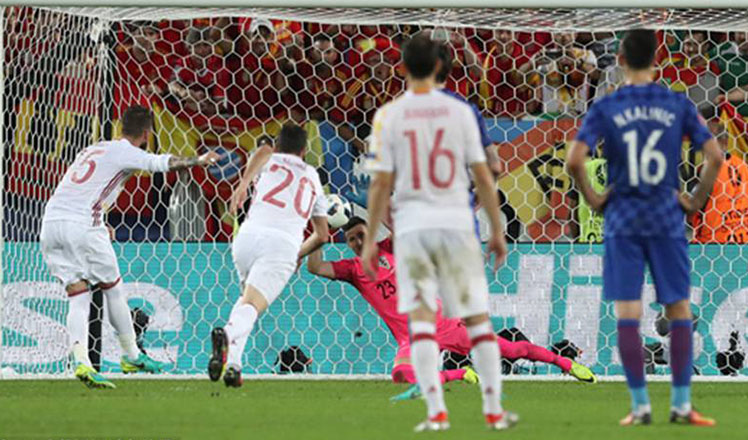
 Croatia rally to stun Spain 2-1 to top Euro 2016 Group D
Croatia rally to stun Spain 2-1 to top Euro 2016 Group D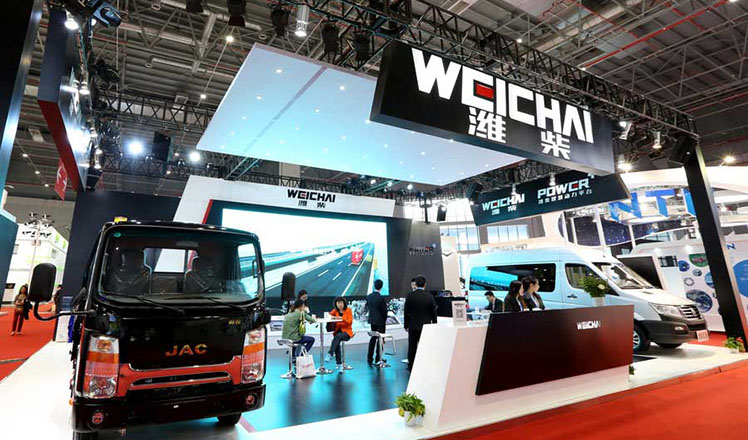
 Top 10 overseas M&As of Chinese auto companies
Top 10 overseas M&As of Chinese auto companies
 Now and then: Famous venues of the Long March
Now and then: Famous venues of the Long March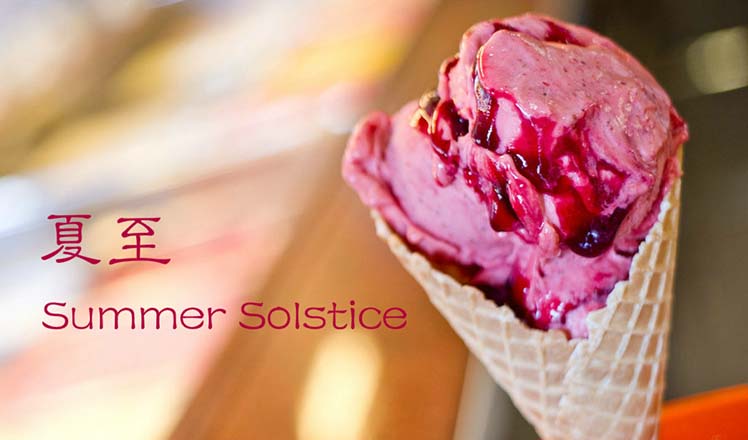
 Things you may not know about Summer Solstice
Things you may not know about Summer Solstice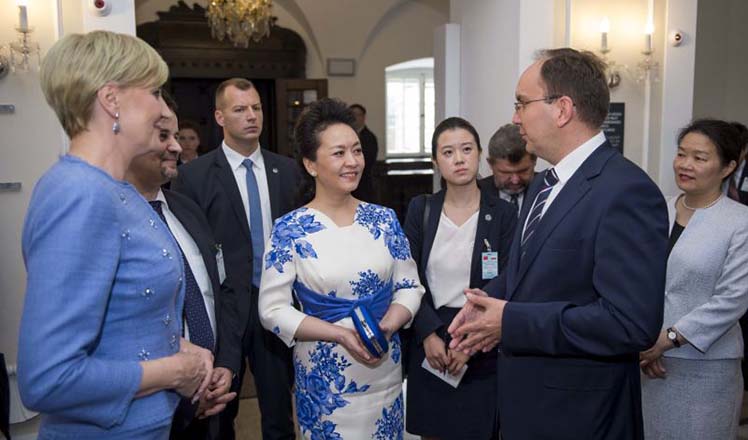
 First lady visits Fryderyk Chopin Museum in Poland
First lady visits Fryderyk Chopin Museum in Poland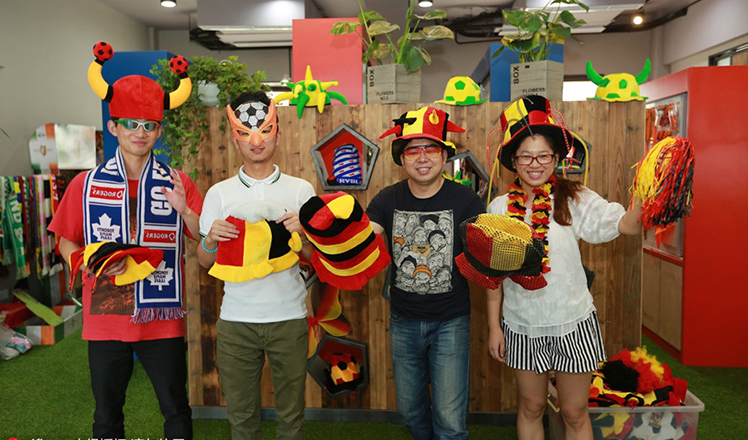
 Chinese factories score a goal with Euro 2016
Chinese factories score a goal with Euro 2016
 Euro rookie Welsh makes history to enter knock-out stage
Euro rookie Welsh makes history to enter knock-out stage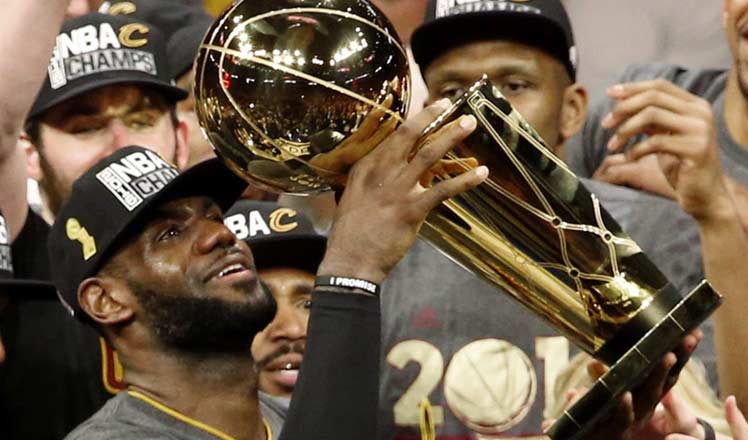
 Cavs stun Warriors in Game 7 thriller, LeBron MVP
Cavs stun Warriors in Game 7 thriller, LeBron MVP
Most Viewed
Editor's Picks

|

|

|

|

|

|
Today's Top News
Abe's blame game reveals his policies failing to get results
Ending wildlife trafficking must be policy priority in Asia
Effects of supply-side reform take time to be seen
Chinese State Councilor Yang Jiechi to meet Kerry
Chinese stocks surge on back of MSCI rumors
Liang avoids jail in shooting death
China's finance minister addresses ratings downgrade
Duke alumni visit Chinese Embassy
US Weekly

|

|









